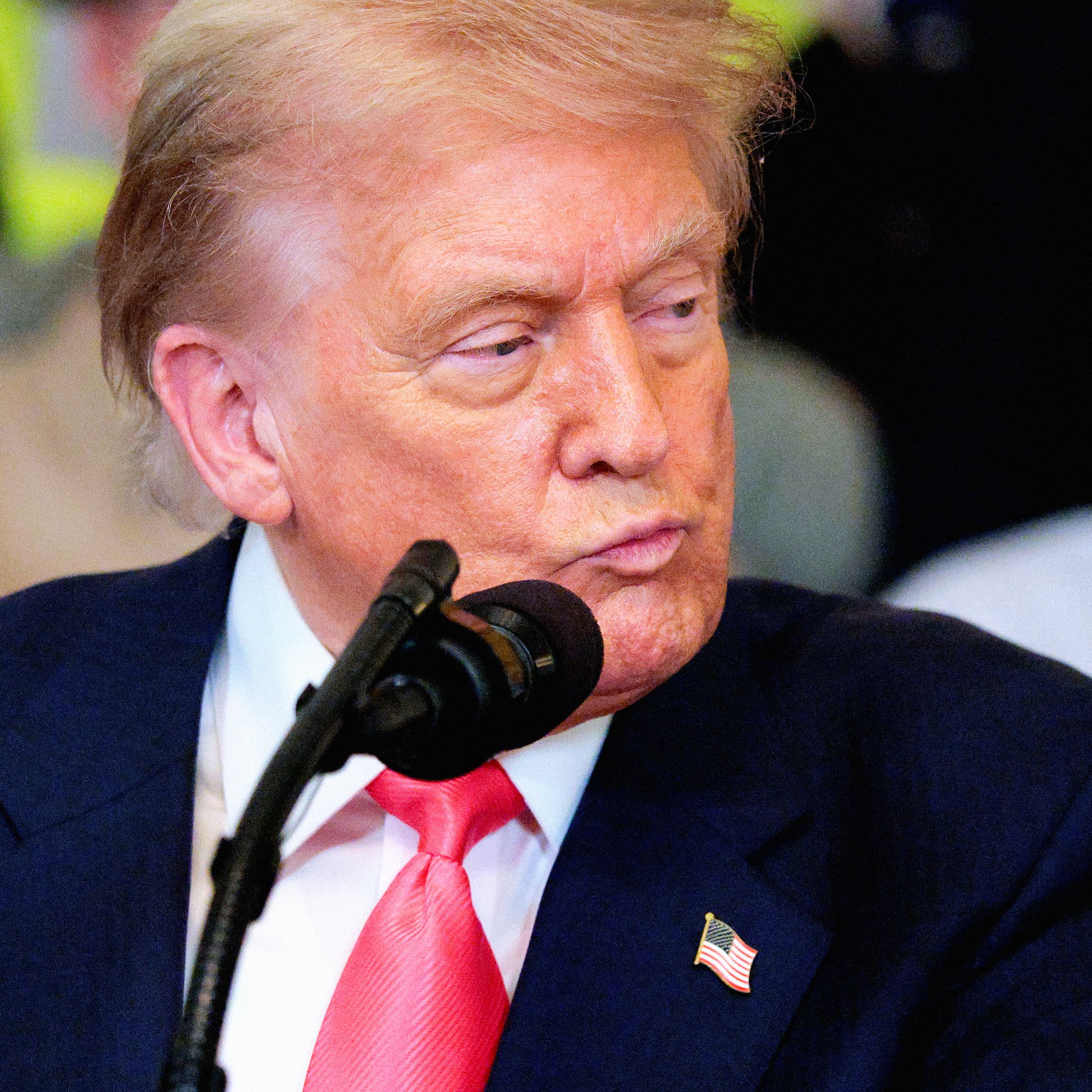As Congress races to pass President Donald Trump’s “Big Beautiful Bill,” it’s also sprinting to placate the many haters of the bill’s “AI moratorium” provision which originally required a 10-year pause on state AI regulations.
The provision, which was championed by White House AI czar and venture capitalist David Sacks, has proved remarkably unpopular with a diverse contingent of government officials, ranging from 40 state attorneys general to the ultra-MAGA representative Marjorie Taylor Greene. Sunday night, Senator Marsha Blackburn and Senator Ted Cruz announced a new version of the AI moratorium, knocking the pause from a full decade down to five years and adding a variety of carve-outs. But after critics attacked the watered-down version of the bill as a “get-out-of-jail-free card” for Big Tech, Blackburn reversed course Monday evening.
“While I appreciate Chairman Cruz’s efforts to find acceptable language that allows states to protect their citizens from the abuses of AI, the current language is not acceptable to those who need these protections the most,” Blackburn said in a statement to WIRED. “This provision could allow Big Tech to continue to exploit kids, creators, and conservatives. Until Congress passes federally preemptive legislation like the Kids Online Safety Act and an online privacy framework, we can’t block states from making laws that protect their citizens.”
For those keeping track at home, Blackburn initially opposed the moratorium, then worked with Cruz on the five-year version of the provision, then changed her mind again to oppose her own compromised version of the law.
She has historically championed regulations that protect the music industry, which is a major economic player in her home state of Tennessee. Last year, Tennessee passed a law to stop AI deepfakes of music artists. Her proposed AI provision included an exemption for this kind of law, which expands the legal right to protect one’s likeness from commercial exploitation. The version of the moratorium she and Cruz proposed on Sunday also had carve-outs for state laws dealing with “unfair or deceptive acts or practices, child online safety, child sexual abuse material, rights of publicity, protection of a person’s name, image, voice, or likeness.”
Despite these carve-outs, the new AI provision received fierce opposition from a wide array of organizations and individuals, ranging from the International Longshore & Warehouse Union (“dangerous federal overreach”) to Steve Bannon (“they’ll get all their dirty work done in the first five years.”)
The moratorium’s carve-out language comes with a caveat that the exempted state laws cannot place “undue or disproportionate burden” on AI systems or “automated decision systems.” With AI and algorithmic feeds embedded in social platforms, critics like Senator Maria Cantwell see the provision’s language as creating “a brand-new shield against litigation and state regulation.”
Many advocacy groups and legal experts who focus on these issues, including kid safety rules, say that the new AI provision remains incredibly damaging. Danny Weiss, the chief advocacy officer at the nonprofit Common Sense Media, says that this version is still “extremely sweeping” and “could affect almost every effort to regulate tech with regards to safety” because of the undue burden shield.
J.B. Branch, an advocate for consumer rights nonprofit Public Citizen, called the updated moratorium “a clever Trojan horse designed to wipe out state protections while pretending to preserve them” in a statement, and argued that the undue burden language rendered the carve-outs “meaningless.”
On Monday, Cantwell and Senator Ed Markey introduced an amendment to remove the AI moratorium from the bill altogether, condemning the version proposed Sunday evening as “a wolf in sheep’s clothing,” according to a statement from Markey. “The language still allows the Trump administration to use federal broadband funding as a weapon against the states and still prevents states from protecting children online from Big Tech’s predatory behavior,” he said. (The moratorium ties access to funding from the Broadband Equity, Access, and Deployment program to compliance with the five-year pause.)
In another twist, on Monday night, Cantwell and Blackburn introduced their own amendment to strip the AI moratorium from the bill. “Blackburn is now co-sponsoring Senator Cantwell’s amendment, and Cantwell agreed to cosponsor Blackburn’s new amendment,” said Tricia Enright, communications director for the Senate Committee on Commerce, Science, and Transportation, in an email to WIRED
The Trump Administration has urged Congress to vote on the Big Beautiful Bill before the break for the Fourth of July holiday.
Update 6/30/25 9:39 pm ET: This story has been updated to include information about the new amendment Cantwell and Blackburn introduced Monday night.




